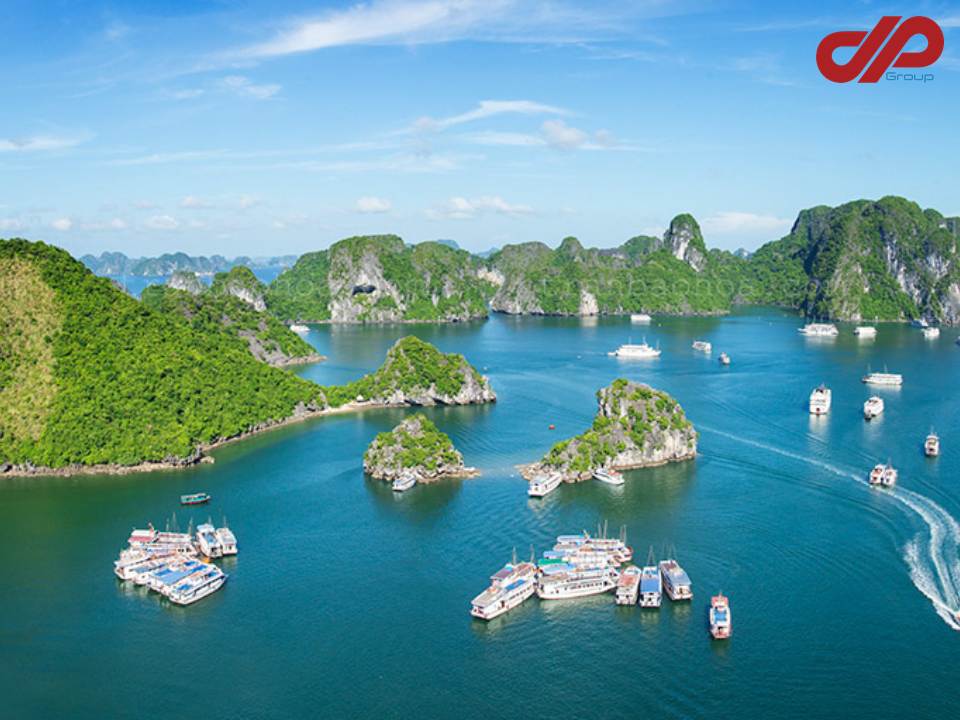Compliance with the regulations on environmental protection is one of the most prominent issues which foreign investors should take into consideration when they are interested in conducting investment and business activities in Vietnam.
Even though Vietnam has witnessed significant economic development in recent years, the Government is also working to shoulder more burdens on how to better protect the environment. In fact, there have been many cases in which foreign-owned enterprises have been involved in toxic waste issues.
In the new era of integrating into the world economy as well as making significant progress in becoming members of bilateral and multilateral trade and investment agreements -such as the Comprehensive and Progressive Agreement for Trans-Pacific Partnership (CPTPP) and the EU-Vietnam Free Trade Agreement, as discussed in previous our articles, Vietnam is now adhering to the international standards on environmental protection set out in such agreements.
For the purpose of sustainable development as well as demonstrating the Government’s pledge to limit pollution and environmental violations, the Government has reformed the legislative framework on environmental protection by adopting the Law on Environment and other relevant legal guiding documents. The aim of which is to redress the balance between environmental protection and economic growth, ensuring social security along with the development and conservation of biodiversity while demonstrating responses to climate change, as well as ensuring the right to a healthy and clean environment.
In this article we would like to focus on analyzing the legislation on the Environmental Impact Assessment (EIA).
As anticipated, the EIA is a procedure focused on improving the protection of the environment and shall be carried out under the responsibility of the Ministry of Natural Resources and Environment, at the central level and by the Department of Natural Resources and Environment, locally.
In order to be in compliance with the Law on Environment, some enterprises which manage activities with a negative impact on the environment shall provide an EIA report, either drafting it on their own or entrusting advisory organizations. The EIA report’s purpose is to evaluate the impact of the activities of the enterprises on the environment, determining the risks and taking specific and necessary precautions for minimizing the environmental impact.
In advance of carrying out business activities, these companies shall receive the verification and the approval from the relevant authorities and shall then respect what has been established in the EIA report during their business activities.
It may be interesting for foreign investors to be aware that the costs for completing the EIA procedure shall be included in the total budget available for the investment and must be properly described in the Investment Project Proposal, the monetary fine for failing to prepare the EIA report may amount to more than USD 10’000.
In conclusion, in order to carry out investment activities in Vietnam, foreign investors should be equipped with a strong knowledge of Vietnamese regulations on environmental protection in order to ensure foreign investors are in compliance with the laws and regulations in this regard and to fulfil the complicated procedures required and prescribed by law.
If you are interested in this topic and require further information, please do not hesitate to contact us via email at info@dandreapartners.com.







